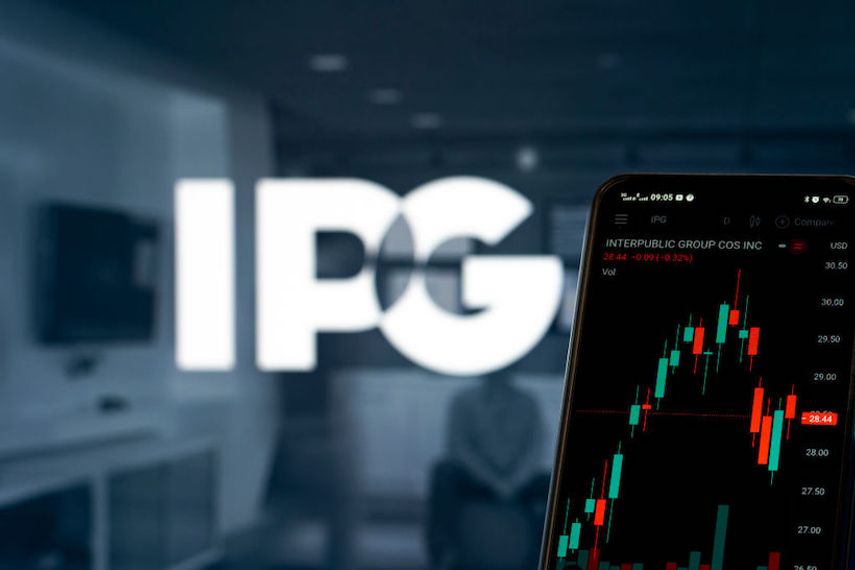
Please sign in or register
Existing users sign in here
Having trouble signing in?
Contact Customer Support at
[email protected]
or call+91 22 69489600
The holding company’s organic net revenue suffered as tech clients 'weighed significantly' on growth and digital agencies continued to underperform

Contact Customer Support at
[email protected]
or call+91 22 69489600
Top news, insights and analysis every weekday
Sign up for Campaign Bulletins
Totalling $25 billion higher than Netflix’s bid, analysts say whichever company ultimately secures WBD will gain a decisive advantage in the streaming wars.
Under-16 digital behaviour in Australia is about to change, and ripple effects for brands will be everywhere.
Kotak Life’s latest ad reframes retirement as reinvention, using a mirror monologue to tackle India’s chronic tendency to postpone long-term planning.
The industry is expected to grow from $32.2 billion in 2024 to $47.2 billion by 2029, nearly twice the global average of 4.2%.